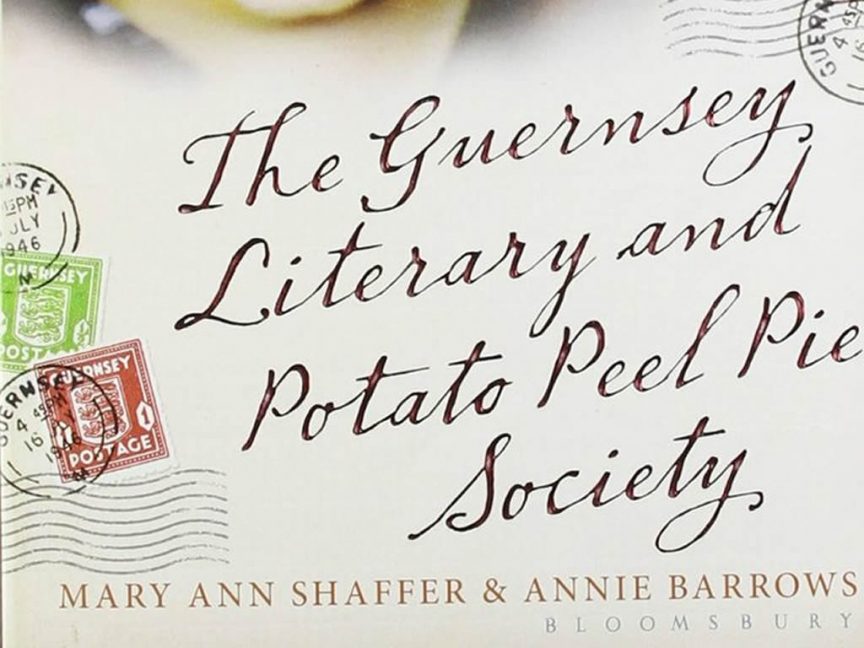Editor’s Note: Roberta Jackson will be contributing book reviews to East Ridge News Online. This is Ms. Jackson’s first offering to ERNO readers. Hope you enjoy this addition to the city’s only local news source.
I recommend a book entitled The Guernsey Literary and Potato Peel Pie Society, by Annie Barrows and Mary Ann Shaffer, niece and aunt. Barrows completed the book that her aunt, Shaffer, had begun before her death in 2008.
You need to run to the library and grab this jewel. This book is fiction, based on a factual incident. The novel is in letters and notes format. I wasn’t sure how I would like that at first, but it is done so skillfully and is so enjoyable, trust me, you will almost immediately feel that you are receiving letters from a very dear friend, about a wonderful place that endured terrible hardship during the war.
And that war would be World War II, when the Channel Islands of Britain were captured and held by the Germans throughout the bulk of the war. I knew that there had been some presence by the Germans during WWII, but I did not know that it had lasted for nearly five years, nor did I understand the hardships. Honestly, unless I lived through it, I could not imagine all of the things endured, but this book gives good insight, while not getting depressing or bogged down in military tactics.
I learned about the residents, and I came to love them through the authors. I was sad when I finished the book, because now those friends were gone.
We follow Juliet Ashton, a writer who is exhausted from book tours. As she learns about Guernsey and the occupation, we are educated, too. I did not realize that the Germans had held Guernsey for five years. The residents were not allowed any contact with the outside world, friends, relatives, news, or their children, who had hastily been shipped to other parts of Great Britain for safety, as the Germans approached.
But we also learn that not all of the enemy were bad, and not all of the occupied residents are good. People, in other words, are simply people, and most of them rose to sweet heights, supporting each other during rationing, then lack of food, fuel, clothes, shoes. German soldiers would “accidentally” drop potatoes on the roads, so that the remaining children could grab them and have food that day. Residents make friends with some of those Germans.
And we follow Juliet’s own growing love for the community, its wonderful people, and a mystery of what happened to the young woman Elizabeth McKenna who linked so many, both residents and occupiers, the past and the present, joy and sorrow, and inspired nearly all she touched.
Do yourselves a favor: go the library. Find this book. Check it out. Treat yourself, and savor it. You can thank me by reading it.
Next time: To The Last Man, a novel of World War I, by Jeff Shaara.
_ Roberta Jackson

